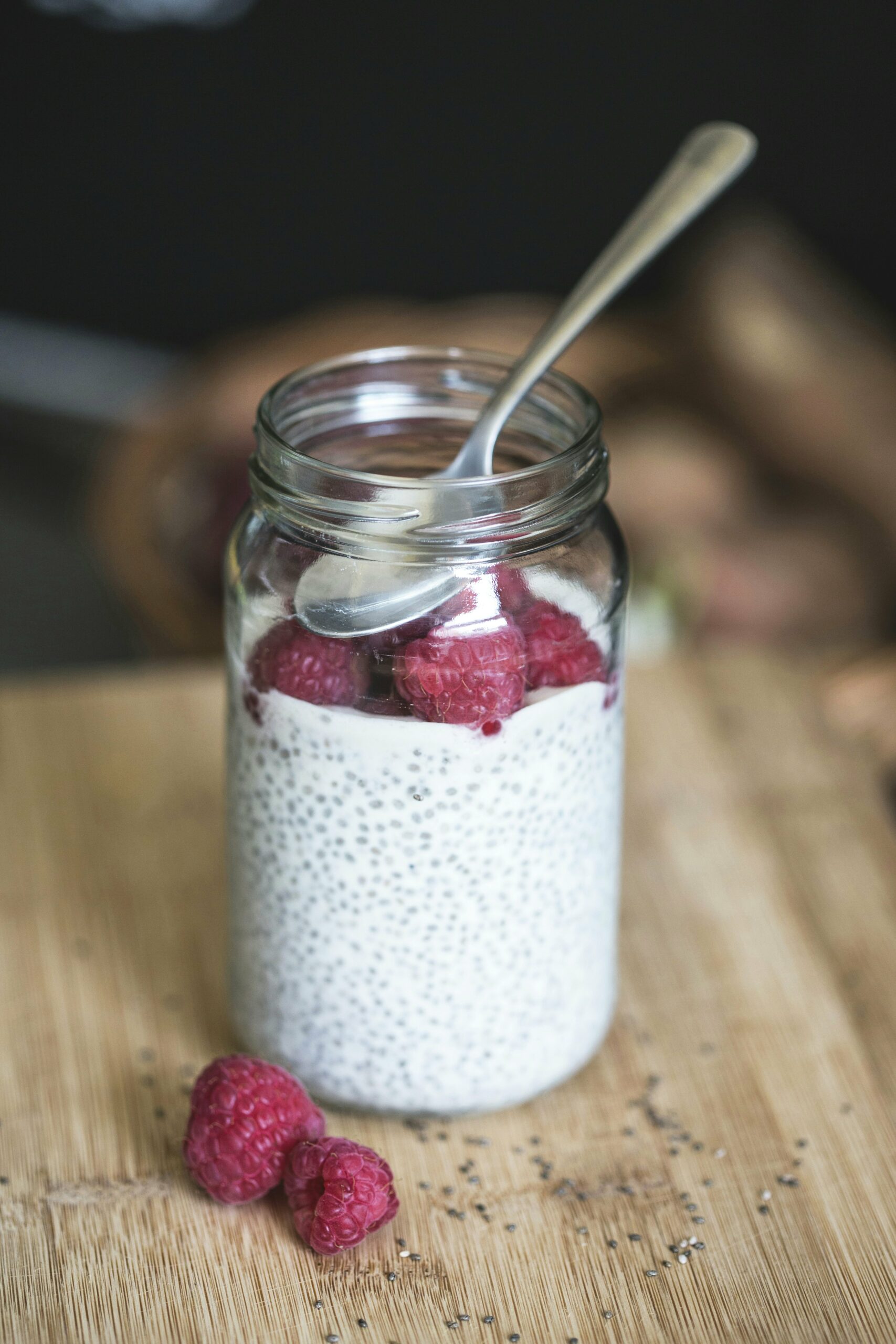More people are exploring plant-based diets, and with that comes curiosity (and sometimes confusion) about vegan protein: How much is enough? Which sources are best? Are protein powders safe?
What Recent Research Is Saying
- One recent study in New Zealand found that while many vegans meet the total protein requirements, about half do not get enough of certain essential amino acids (especially lysine and leucine) when factors like digestibility are considered. nutritioninsight.com
- Heavy metals are a concern: a report by the Clean Label Project found that many plant‑based protein powders (especially chocolate flavored or organic ones) exceeded California’s Proposition 65 safety thresholds for contaminants like lead and cadmium. People.com
- On the plus side, vegan protein powders tend to be gentler on digestion (especially if you have lactose intolerance or dairy sensitivities) and carry fewer allergens in many cases. PhD Nutrition
The Benefits of Vegan Protein
Here’s where plant‑based protein shines:
- Digestive Comfort & Allergy Avoidance
No lactose. Often fewer allergenic ingredients depending on what you’re sensitive to. - Fiber & Additional Nutrients
Many vegan protein sources also bring fiber, vitamins, minerals, and antioxidants. These extras can support gut health, satiety, and overall nutritional variety. - Ethical + Environmental Upside
Lower environmental impact compared to many animal-based protein sources; plant protein supports more sustainable and cruelty‑free food systems. - Heart Health
Lower saturated fats and cholesterol (if using minimally processed plant protein) — beneficial for cardiovascular health. Plus many plant sources include healthy fats like omega‑3s (in hemp, flax) and micronutrients favorable for heart and metabolic health.
Things to Watch Out For / Weaknesses
Plant protein is great, but it’s not without trade‑offs. Knowing the challenges helps you avoid common pitfalls.
- Incomplete Amino Acid Profiles
Some single plant sources are low in certain essential amino acids. To get a “complete” profile, you might need to combine sources (e.g. pea + rice, legumes + grains) or use a blend protein powder. - Quality & Contaminants
The heavy‑metal issue is serious. Soil quality, farming practices, and processing can affect how much cadmium, arsenic, or lead ends up in powders. Choosing well‑tested brands matters. - Taste / Texture / Digestibility
Some vegan protein powders are gritty, chalky, or have strong aftertastes. Also, very high fiber or certain plant sources (soy, pea, etc.) can cause gas, bloating, or digestive discomfort in some people unless introduced gradually. - Overuse / Misuse
Relying on protein powder to the exclusion of whole foods can mean missing out on fiber, phytonutrients, and healthy fats. Also, getting too much protein over time can stress kidneys, especially if there are existing health issues.
Tips
Here are ways to make vegan protein work strongly and sustainably, whether in powders or whole foods.
- Use blended plant protein powders (pea + rice, or with hemp or pumpkin seed) for more balanced amino acid profiles.
- Spread protein intake across meals and snacks. Don’t try to hit it all at once. Consistency matters.
- Pair protein with whole foods like legumes, tofu/tempeh, seitan, nuts, seeds, whole grains. These also bring fiber and micronutrients.
- Always vet your powder: check for third‑party testing, low heavy metal content, minimal additives and low sugar.
- If you’re sensitive to certain plants (soy, pea, etc.), start with small servings and see how your body responds. Sometimes rotating sources helps.
- Keep protein goals realistic. The average need depends on age, sex, activity level. For many people, protein from whole foods + occasional powder is enough.

